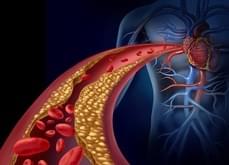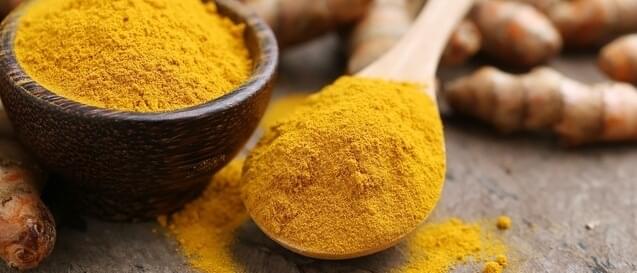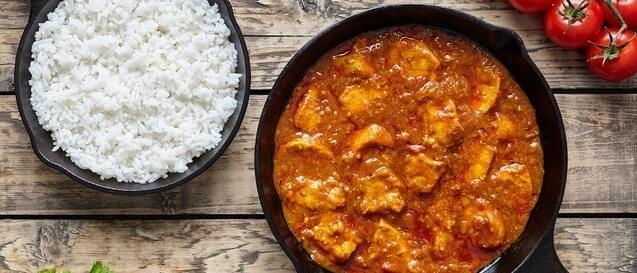Enjoy FREE Shipping on Orders Over $99
DON’T HAVE A COUPON CODE?
Use EZ10OFF At Checkout to Save 10% On Your Entire Order Today!
Common Nutrient to Help Prevent Disease
If you’ve ever injured your hand from a fall or twisted your knee from a sports injury, you know what follows. First comes the pain, then comes the swelling (or, inflammation), and many people believe that inflammation is PART of an injury. But believe it or not, inflammation is your body’s way of trying to protect itself.
As a natural defensive response, inflammation increases blood flow to an injured area, and swelling happens from an accumulation of fluid. For localized injuries like a twisted knee, inflammation can also cause redness, heated areas, stiffness in joints and occasional pus formation.
As unpleasant as these symptoms are, short-term inflammation can be beneficial to help protect damaged tissues from further injury. But persistent inflammation can cause your immune system to begin attacking healthy tissues when your body fails to eliminate what was causing the inflammation in the first place.
That’s why inflammation plays a role in many diseases and affects nearly every aspect of general health, because not all forms of inflammation can be seen as easily as an injured hand.
Examples of diseases in which hidden inflammation plays a part:

Atherosclerosis (a hardening or narrowing of the arteries): An inflammatory response in the artery walls than can lead to blood clots and heart attack.

Asthma: Inflammatory cytokines (or, cell-signalling molecules) causing autoimmune reactions against the airway linings in the lungs and esophagus.

Carpal Tunnel Syndrome: Chronic inflammation causing excessive muscle tension and shortening the tendons in the forearm and wrist, compressing the nerves. Symptoms of carpal tunnel syndrome include hand weakness, a “pins and needles” feeling in the fingers and pain/numbness in the hand.

Fibromyalgia: Inflamed connective tissue of the skeletal muscles.

Multiple Sclerosis: Inflammatory cytokines causing autoimmune reactions against the myelin sheath (protective, insulating membranes around nerves).

Pancreatitis: Inflammatory cytokines causing pancreatic cell injury and destruction. Symptoms of pancreatitis include upper abdominal pain, rapid heart rate and fever.

Stroke: Chronic inflammation promotes blood clots (or, thromboembolic events). Evidence shows that inflammation is involved in both the lead-up to stroke and the event itself, leading to further complications when the inflammation is not treated immediately or effectively.

To treat diseases like atherosclerosis, doctors commonly prescribe drugs like Allopurinol, Colchicine and Methotrexate, but the cost includes the risk of side effects. Allopurinol can cause skin rash, headache and bleeding during urination. Colchicine can cause nausea and convulsions, and Methotrexate can cause mouth sores and bleeding during urination—or worse, a complete stop to urination.
If that sounds like the last thing in the world you want, there’s an alternative. You can choose the natural anti-inflammatory power of Curcumin.

If you’ve never heard of Curcumin, you’ve probably heard of the cooking herb Turmeric. As an extract of the Turmeric plant (from the ginger family), Curcumin has powerful anti-inflammatory properties.
The secret to Curcumin’s effectiveness is how it fights inflammation by attacking it at a molecular level. By blocking a natural inflammation signaling molecule in your body called NF-kB, Curcumin stops inflammation before it can happen. In fact, Curcumin works so powerfully that it matches the effectiveness of some anti-inflammatory drugs without the side effects.
The secret to Curcumin’s effectiveness is how it fights inflammation by attacking it at a molecular level. By blocking a natural inflammation signaling molecule in your body called NF-kB, Curcumin stops inflammation before it can happen. In fact, Curcumin works so powerfully that it matches the effectiveness of some anti-inflammatory drugs without the side effects.
In addition to all that, studies show that Curcumin acts as a weak phytoestrogen (which may lower the risk of breast cancer). Plus, Curcumin protects against bowel disease by suppressing micro-inflammation in your digestive tract.

Like all things related to your health, prevention is always easier than trying to cure something. To get Curcumin working for you today, try adding some Turmeric to weekly meals like rice and root vegetables, butter chicken masala or curry dishes. If you don’t have that kind of time for cooking, look for an all-natural Curcumin supplement that contains phospholipids, a class of molecules that help your body absorb Curcumin more efficiently than in natural food form.
Wishing you good health through wise nutrition,